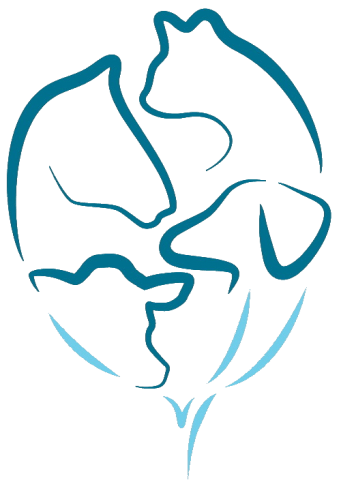Get access to all handy features included in the IVIS website
- Get unlimited access to books, proceedings and journals.
- Get access to a global catalogue of meetings, on-site and online courses, webinars and educational videos.
- Bookmark your favorite articles in My Library for future reading.
- Save future meetings and courses in My Calendar and My e-Learning.
- Ask authors questions and read what others have to say.
Why doesn't the rabbit survive your diagnose-based treatment?
Get access to all handy features included in the IVIS website
- Get unlimited access to books, proceedings and journals.
- Get access to a global catalogue of meetings, on-site and online courses, webinars and educational videos.
- Bookmark your favorite articles in My Library for future reading.
- Save future meetings and courses in My Calendar and My e-Learning.
- Ask authors questions and read what others have to say.
Read
What to do when you cannot find the cause of illness?
Introduction
There is a large group of rabbits that often causes us trouble: they don’t recover after a diagnosis and causal treatment, or they are just apathetic and anorectic and you cannot find anything in your clinical examination.
The pathogenesis of the not recovering or sick rabbit without diagnosis: The origin of the problematic behaviour of these rabbits is located in three facts: rabbits are extremely sensitive to pain, malnutrition and stress. The PMS factors. (in Dutch: de SVP factoren – stress, voedingsfouten, pijn)
Pain
The oral cavity, the gastrointestinal tract, the vertebral column and the lower urinary tract are very sensitive to pain stimuli. Pain after surgery is predictable, but pain due to roughly performed dental examination can be unexpectedly serious. Thorough oral examination however, is always needed, because dental problems often play a role. Finally a rabbit may suffer pain from any unknown cause.
Malnutrition
Errors in nutrition can lead to a fibre deficit, especially by ad libitum administering of wrong rabbit food, and by the inadequate availability of hay. Illness, pain in the mouth or mechanical dental problems causes selective eating mainly low-fibre food ingredients, or in severe cases, not eating at all.
Stress
Stress factors form a long list: disease, anxiety, boredom, scaring, housing mistakes, loneliness and many others, often unknown.
How affect the PMS factors a rabbit?
Pain, malnutrition and stress in rabbits can lead, each factor on its own, or cumulatively, to a reduced motility, and in more severe cases, to a complete atony of the GI tract. This atony itself is, by forming gas, faecal stasis and impaction again a source of pain, stress and anorexia, so the situation is self-reinforcing and falls into a vicious circle. The syndrome that the rabbit develops in this self-reinforcing atony due to the multitude of possible causes is what I call the Secondary Atony Syndrome: SAS. Without treatment, SAS leads, often occurring after a trivial cause, through a downward spiral by hypothermia, hypoglycaemia, hepatic lipidosis and ketoacidosis finally to death.
How can we determine whether there is any form of SAS
In SAS very often just too small droppings (“mouse droppings”) are produced, or no faeces at all. On palpation and percussion of the abdomen sometimes gas masses can be determined, but often you will find nothing (yet) that indicates SAS. Very valuable is a single X-ray. This offers you a lot of information, visualizes the problem for your client, but often also shows the primary cause of non-dental related pain (bladder stone, spondylosis, rib fracture) or dietary errors (obesity, calciuria).
The treatment of the diseased rabbit
By now it may be clear that the treatment of a sick rabbit should consist of two parts: the treatment of the primary cause, and the treatment of SAS.
If a primary cause is found, it will be, of course, treated, provided that the condition of the rabbit will permit it. In severe cases, stabilisation is necessary before further diagnostics. If you have not found a primary cause, not even after making an X-ray, you must start SAS treatment to cope with it or to prevent the development of it.
[...]
Get access to all handy features included in the IVIS website
- Get unlimited access to books, proceedings and journals.
- Get access to a global catalogue of meetings, on-site and online courses, webinars and educational videos.
- Bookmark your favorite articles in My Library for future reading.
- Save future meetings and courses in My Calendar and My e-Learning.
- Ask authors questions and read what others have to say.



Comments (0)
Ask the author
0 comments